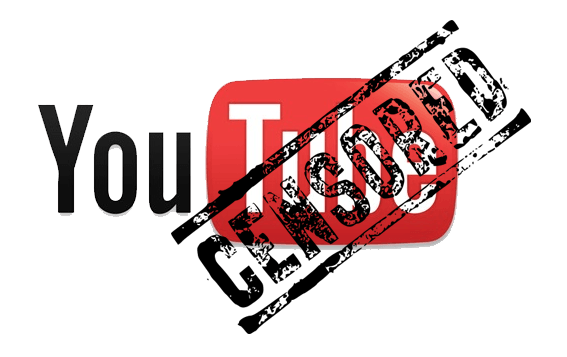Earlier this year, YouTube and its parent company Google won the first round of a legal battle filed by a conservative talk show host, who sued the video sharing website for censoring his videos about abortion and other topics.
Dennis Prager filed a lawsuit against the internet giant Google in October, claiming it is wrongly censoring conservatives like himself on YouTube, according to the Hollywood Reporter.
His Prager University publishes a YouTube series that discusses political and social issues from a conservative perspective. One of the videos that he alleges YouTube censored was “The Most Important Question About Abortion,” which examines the morality of abortion, including whether an unborn baby should have rights.
Prager asked a judge for a preliminary injunction against YouTube that would lift the restricted status from his videos, according to the report. Instead, the judge threw out his lawsuit. Essentially because Google and YouTube are private entities they have the right to censor pro-life videos, the judge said.
Now, Google is arguing that a federal appeals court, which is hearing the appeal of the judge’s ruling, must allow YouTube to censor pro-life videos, saying it “can’t be forced to change.” Here’s more:
According to an October 31 Bloomberg article, Google filed a statement with the Ninth Circuit Court of Appeals in response to a lawsuit challenge by conservative outlet PragerU. In the filing, Google argued that government regulation would have “disastrous practical consequences.”
SIGN THE PETITION! Attention Facebook, Twitter, Google and YouTube: Stop Censoring Pro-Lifers
Google further argued that enforcing the First Amendment to an online platform “would undermine important content regulation.” In the filing, the company said, “If they are bound by the same First Amendment rules that apply to the government, YouTube and other service providers would lose much of their ability to protect their users against offensive or objectionable content — including pornography, hate speech, personal attacks, and terrorist propaganda.”
Bloomberg’s Peter Blumberg wrote that Google “made clear that even if it does discriminate on the basis of political viewpoints — which it denies — it can’t be forced to change.” While the First Amendment doesn’t apply necessarily to private companies, YouTube, Google’s sister company, tries to make the case that it is a neutral platform with no political bias.
However, this seems to hurt the social media platform more than help it. PragerU founder Dennis Prager said, “If Google, the owner of YouTube, would announce it is a left-wing advocacy group, that would make a lawsuit harder to defend.”
In the legal papers Google filed with the court, it defended the censorship saying that denying access to the pro-life videos supposedly keeps YouTube safe.
In court papers, Google acknowledged that deciding which videos to restrict “may involve difficult, subjective judgment calls.”
But it maintained that it should not be held liable for trying to keep YouTube “safe and enjoyable for all users.”








